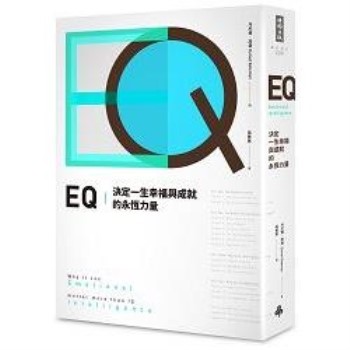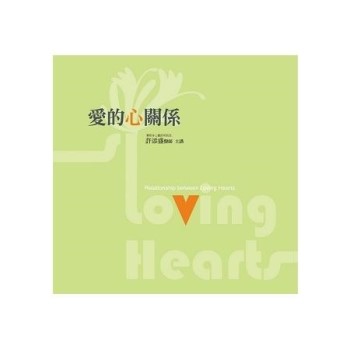Self-examination and self-critique: for psychoanalytic patients, this is the conduit to growth. Yet within the field, psychoanalysts haven’t sufficiently utilized their own methodology or subjected their own preferred approaches to systematic and critical self-examination. Across theoretical divides, psychoanalytic writers and clinicians have too often responded to criticism with defensiveness rather than reflectivity. This book is a first in the history of psychoanalysis; it takes internal dissension and difference seriously rather than defensively.
De-Idealizing Relational Theory attempts to rectify this for the Relational field. Rather than saying that the other’s reading of relational theory is wrong, distorted, or a misrepresentation, this book is interested in querying how theory lends itself to such characterizations. How have psychoanalysts participated in conveying this portrayal to their critics? Might this dissension illuminate blind-spot(s) and highlight new areas of growth?
The editors bring together some of the best minds in contemporary relational and intersubjective psychoanalysis to engage in internal critique. These are loving and appreciative appraisals, but also ask pointed questions, including:
- What are the limitations of relational psychoanalysis?
- How might relational analysts make use of assessments of their approach by those of other theoretical orientations?
- Where and how might relational analysts integrate the thinking of others?
- How might theories of origin be recalled?
Each chapter critically assesses and examines aspects of relational theory and technique, considers its current state and its relations to other psychoanalytic approaches. De-Idealizing Relational Theory will appeal to all relational psychoanalysts and psychoanalytic psychotherapists.











